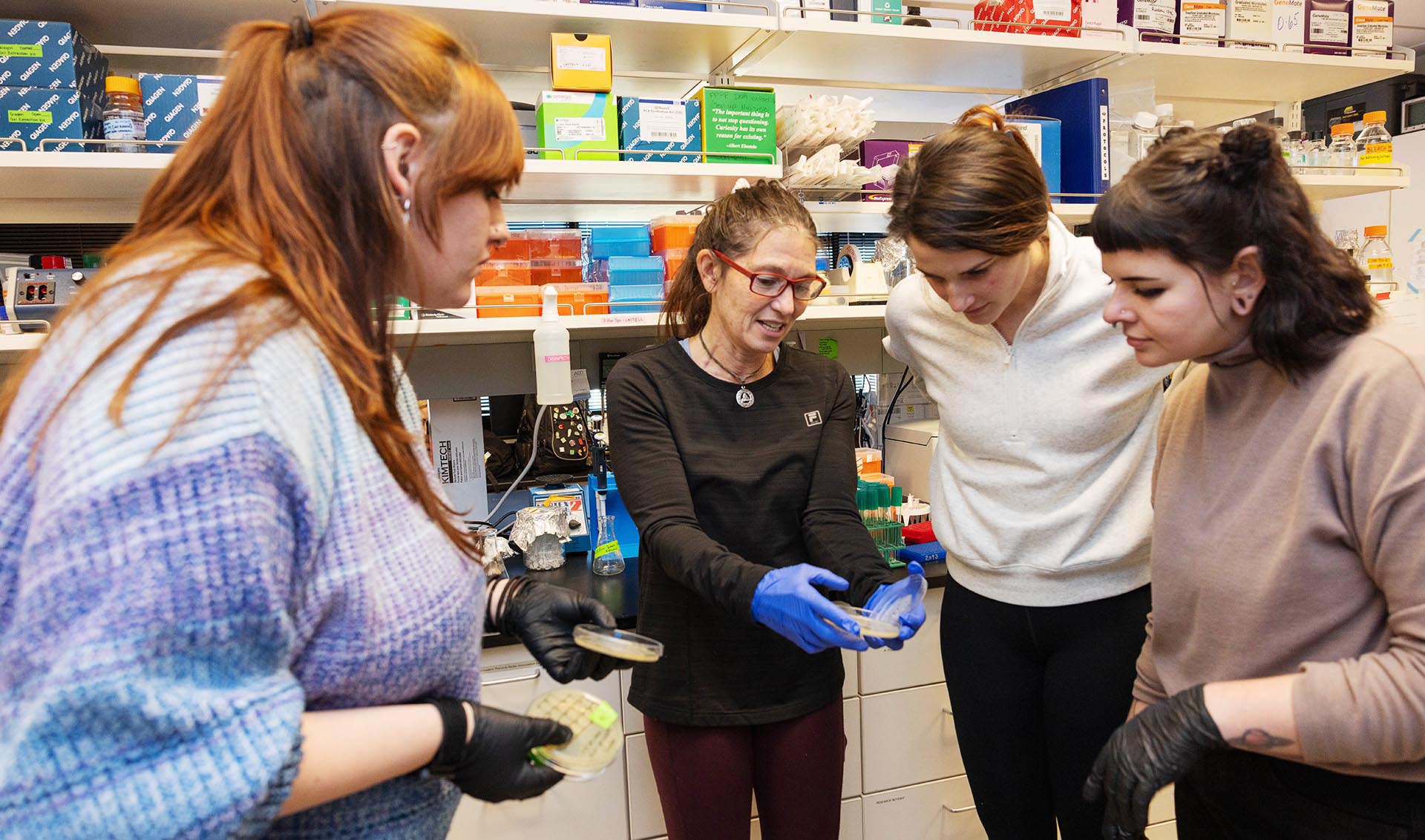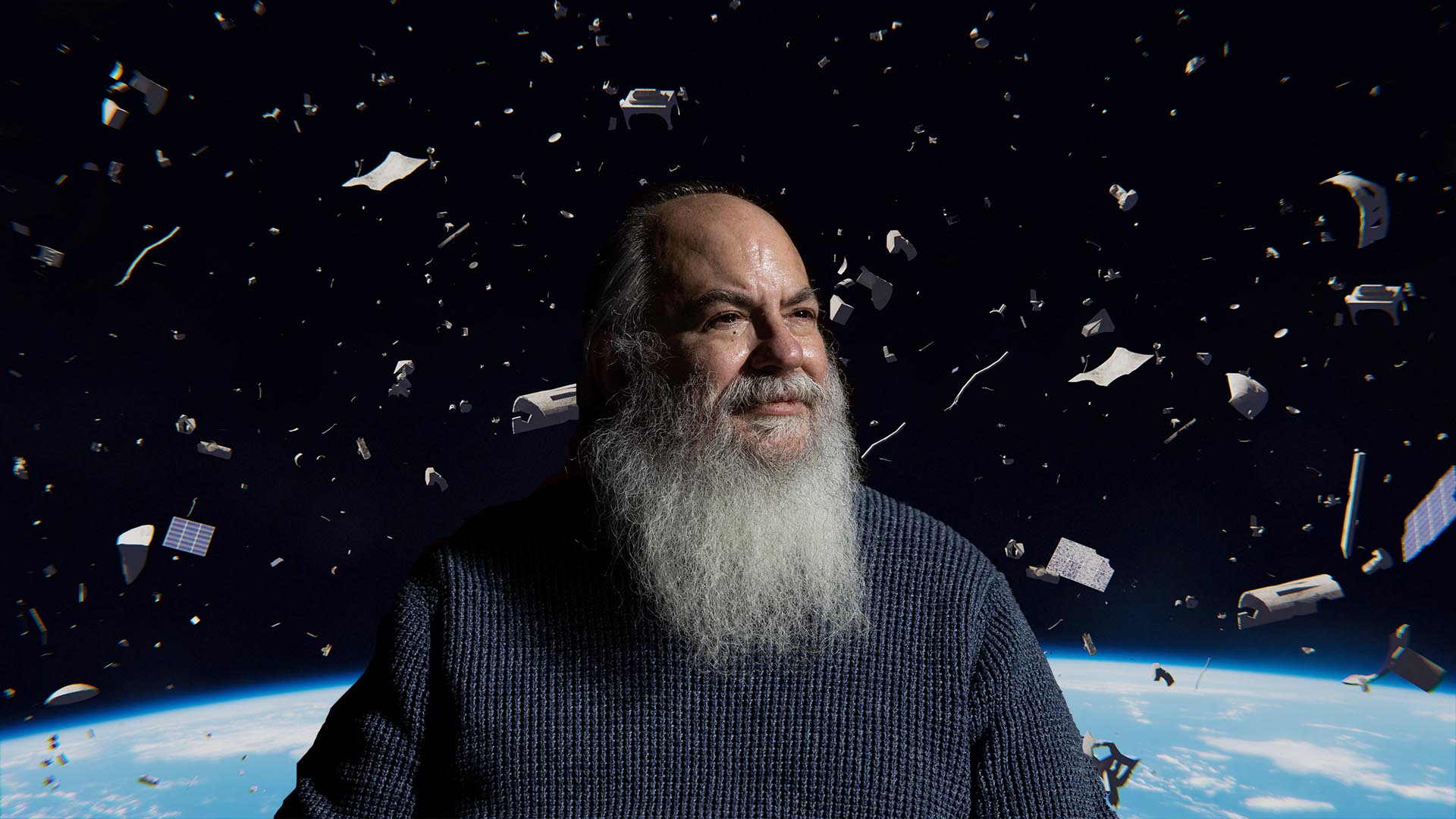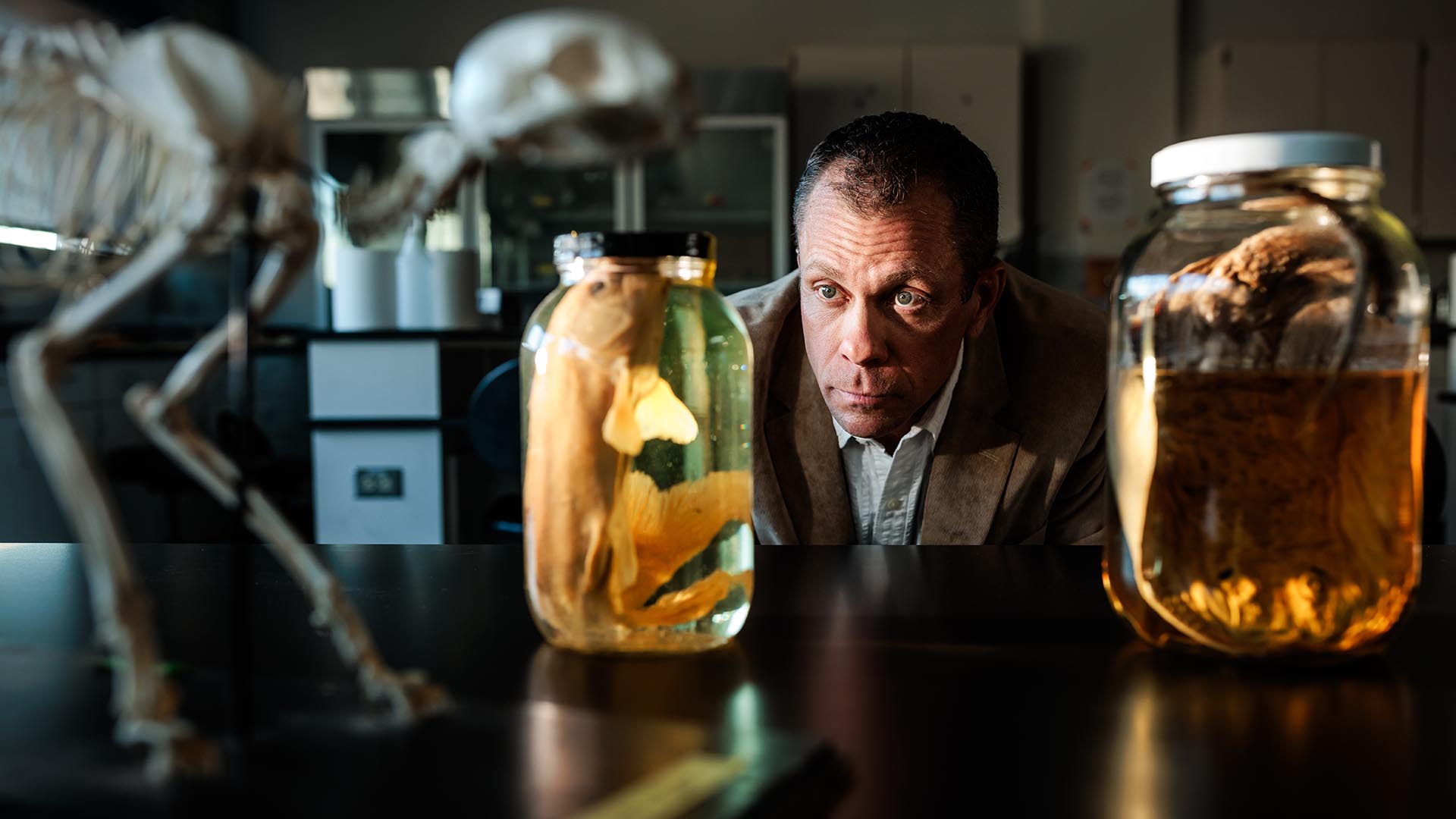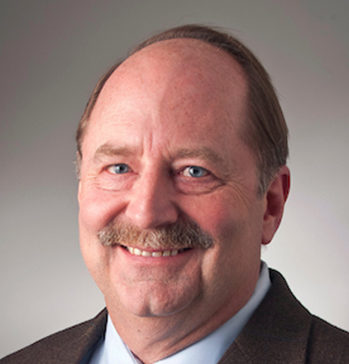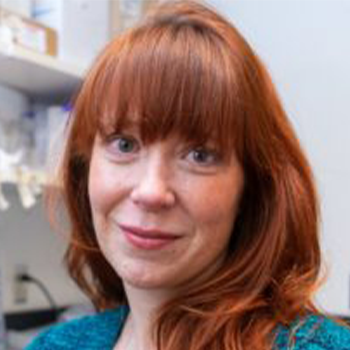Meet the molecular man
Phillip Danielson, Ph.D., has spent decades pioneering advances in forensic science to help solve crimes – just don’t mention a certain TV series
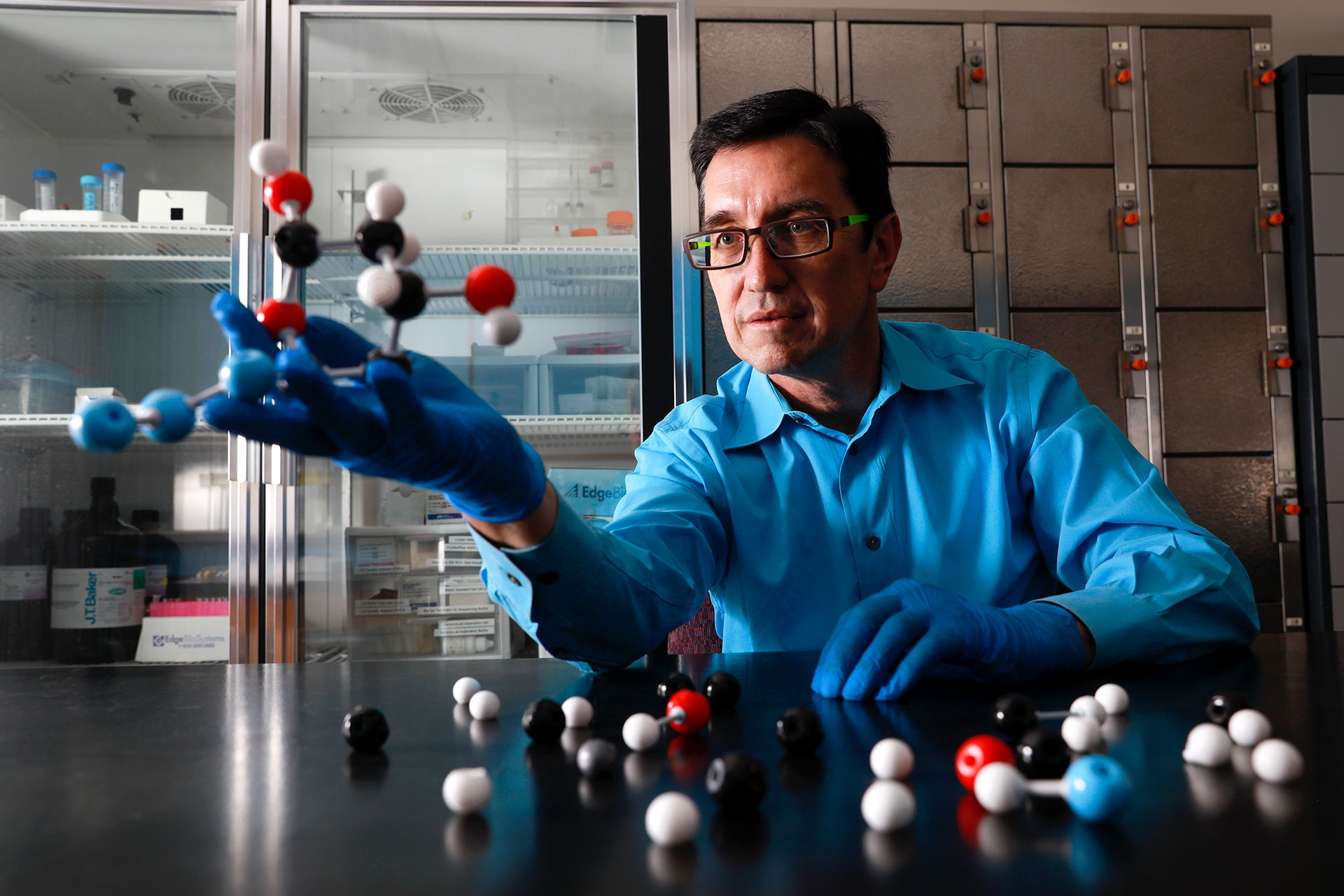
Let’s get one thing clear from the outset: Phillip Danielson’s working life is nothing like those “CSI: Crime Scene Investigation” shows on TV.
“It’s the first thing people ask when they hear what I do,” he says. In fact, the DNA expert – who serves as a professor of molecular biology at the University of Denver – is accomplished across several scientific fields. But it’s always his work in crime-related forensics that grabs people’s attention.
“Basically, my research aims to improve the science behind forensic testing and provide more reliable test results for people in the criminal-justice system,” he says. “My motto is: truth through science. So I’m constantly striving to ensure that what appears before a jury in court is accurate, helpful and scientifically sound.”
Danielson’s career journey wasn’t nearly so straightforward. He graduated a year early from Abraham Lincoln High School in Denver, but being the first in his family to even consider college, had no plan for where to attend. He was recruited to study biology at Metropolitan State University of Denver, and despite working throughout, graduated in 1983 after only two years.
He started his career as a traditional biologist, studying subjects such as molecular evolution and neurobiology. “But when people asked, ‘Why does what you do matter?’ I stumbled a little, to be honest,” he recalls. “The connection between my early work and solving real-life problems was pretty tenuous, and I yearned for something with a more tangible payoff.”
Danielson found his calling almost by accident, when friends in the Police Department told him of the challenges they were facing in their laboratories. “I listened to their stories,” he says, “and thought, ‘I could help with that.’ And that’s how it started.”

But what about those TV show comparisons – isn’t his crime-related work even a little glamorous? In a word, no. “I can’t stress how unlike an episode of ‘CSI’ my working life is,” Danielson says. “Lots of my students arrive starry-eyed after seeing forensics shows, and my first job is to break their hearts and tell them the reality is nothing like TV.
“For one thing, the U.S. court system is incredibly methodical and lacks drama. Also, those ‘CSI’ guys seem to do an awful lot – visit crime scenes, investigate cases, even chase criminals – where actual forensic analysts generally don’t know all the facts of the cases. And nor should we; that’s the job of the judge and jury.”
Something else the TV shows don’t tell you: Recent advances in forensic science have led to more uncertainty with test results. Danielson, who is keenly aware of the irony, explains: “Years ago, we’d find a DNA trace on a handgun that matched a suspect, and that was that. But the increased sensitivity of forensic testing means we’ll now find traces of multiple people and not know who handled the gun last. Even more problematically, if I shake your hand and then pick up the gun, your DNA may also be on the weapon.”
It’s a concern, but Danielson is generally too busy to stop and worry about it. As a renowned scientific figure, he’s always in demand to consult, work with law-enforcement agencies and speak at conferences.
Which of these many hats does he most enjoy wearing?
“At this point in my career, I actually get the most joy from plain old teaching – whether to my students, professionals, police investigators, lawyers or even social groups,” he says. “There is nothing quite so exciting as getting people excited about knowledge and opening their minds to new possibilities.”
Given such a hectic schedule, does Danielson have an off switch?
“Not really,” he says with a laugh. “But I do love to travel occasionally and visit places off the beaten path, experiencing good food and wines from different regions around the world. My husband and I also collect modern art and have a small collection. After a long day, I find few things more relaxing than sitting with a nice Scotch and contemplating the works on the wall. That’s where I find peace.”


